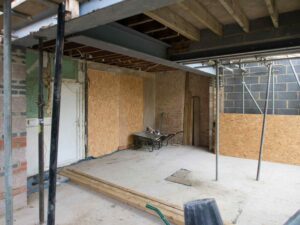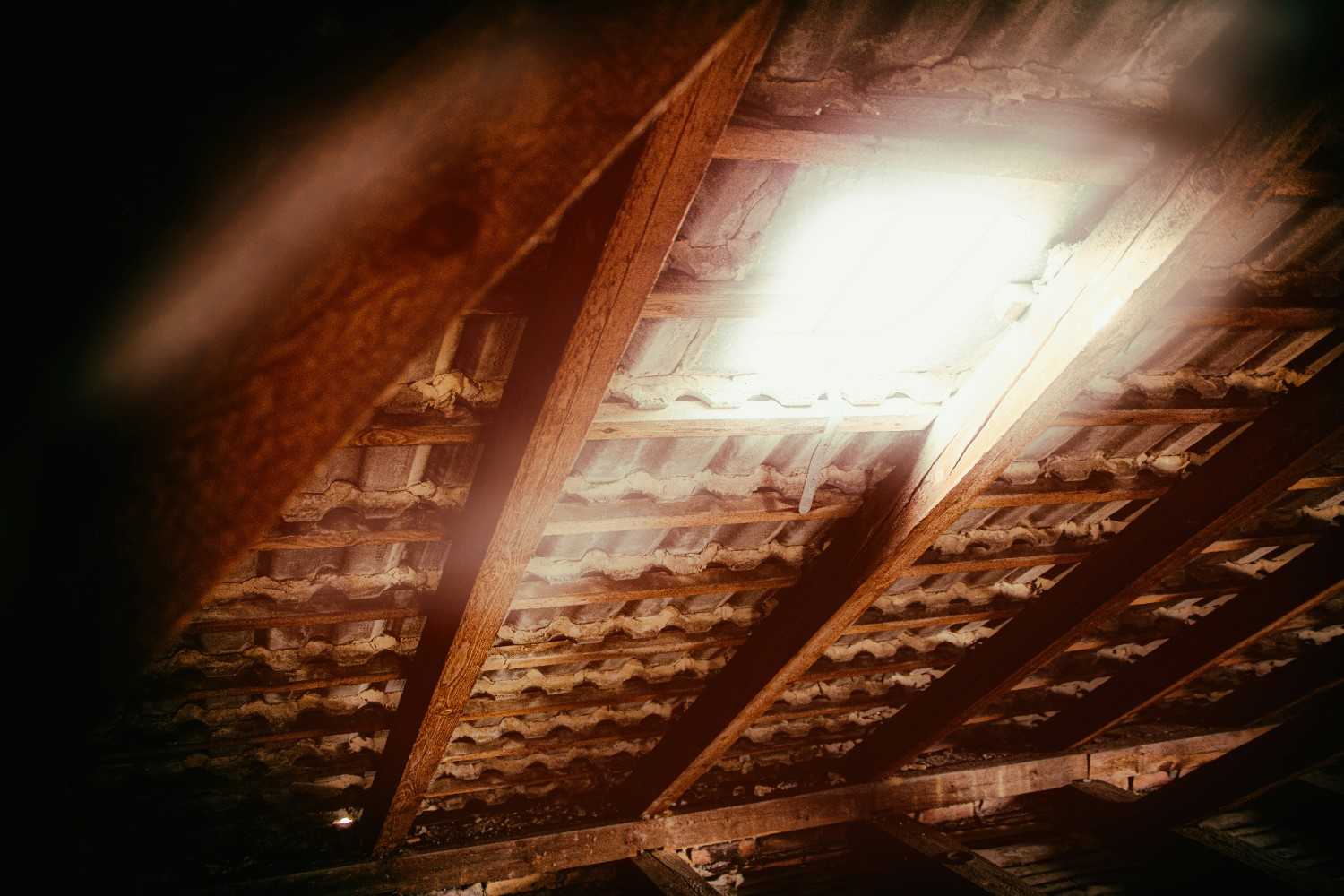Embarking on a loft conversion project is an exciting prospect for homeowners seeking to add space and value to their property. However, the journey from dusty attic to luxurious living space can come with disruptions.
One pressing question that often arises is whether you need to move out of your home during the process.
In this article, we’ll delve into the various aspects of loft conversions, exploring the disruptions involved, strategies to minimise disruptions, and ultimately, whether you really need to.
What Disruptions Are There During a Loft Conversion?
Loft conversions come with a set of inevitable disruptions that can impact your daily life. These may include noise from construction activities, dust and mess spreading throughout your home, limited access to certain areas, and inconvenience, especially if you’re working from home.
The sounds of hammers, drills and machinery can disrupt your peace, while the accumulation of debris can make your living space feel chaotic.
Moreover, navigating around scaffolding and construction materials might pose challenges to your daily routine.
Should I Move Out During a Loft Conversion?
While it’s not an absolute necessity to move out of your home during a loft conversion, it largely depends on your personal circumstances and preferences. A reputable loft conversion company will strive to minimise disruptions, allowing you to stay in your home comfortably throughout the process.
However, some homeowners may opt to temporarily relocate to avoid the hustle and bustle associated with construction work.
If moving out is not feasible for you, there are several ways to reduce disruptions and maintain a sense of normalcy. Communicating openly with your builders about your schedule and requirements can help them plan the work accordingly, minimising inconveniences.
Additionally, establishing a designated quiet and clean area within your home can provide respite from the chaos, especially if you’re working remotely.

Although there can be some disruption during your home improvements, there are many ways you can minimise how this impacts on your home life.
How Can I Reduce Disruption During My Loft Conversion?
To minimise disruptions during your loft conversion, consider scheduling the most disruptive phases of the project consecutively. If everything runs on time, his approach allows for efficient completion of noisy tasks, such as structural alterations and roofing, minimising the duration of disturbance.
Moreover, creating a clear line of communication with your builders ensures that any concerns or preferences are addressed promptly, fostering a collaborative working environment.
Furthermore, maintaining open dialogue with your neighbours can help avoid any potential disruptions caused by the construction process. Informing them about the project timeline and potential inconveniences demonstrates courtesy and can help alleviate any grievances that may arise.
What Are the Least Disruptive Types of Loft Conversion?
The least disruptive types of loft conversions typically include Velux conversions, which involve adding roof windows to an existing attic space, and dormer conversions, which extend the roof to create additional headroom and space.
These types of loft conversions often require less structural work and can be completed more swiftly, reducing the overall disruption to your daily life during the construction process.
Is Getting a Loft Conversion Worth It?
Despite the disruptions and investment required, a loft conversion is often a worthwhile project for homeowners.
The additional space created can be created to suit your specific needs, whether it’s an extra bedroom, home office or an area to relax in. Not only does this enhance your living experience, but it also adds significant value to your property.
In the competitive UK property market, a well-executed loft conversion can substantially increase the resale value of your home, providing a solid return on investment. Furthermore, it offers the opportunity to maximise the potential of underutilised space, transforming an overlooked attic into a functional and aesthetically pleasing area.
Summary
While the disruptions during a loft conversion may seem daunting, they are ultimately temporary inconveniences that pave the way for long-term benefits. With careful planning, effective communication and the assistance of a reputable loft conversion company, you can minimise disruptions and enjoy the transformation of your attic into a valuable asset for your home.
So, if you’re contemplating a loft conversion, rest assured that the rewards far outweigh the temporary disturbances, making it a worthwhile investment in the future of your property.


